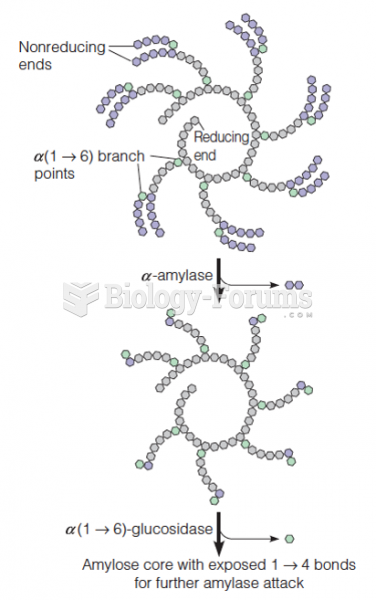Answer to Question 1
1. I will eat more fruits and vegetables, especially green, leafy ones, to get more B12 in my diet..
Rationale:
I will eat more fruits, vegetables, especially green, leafy ones, to get more B12 in my diet is incorrect; it indicates that the client does need additional teaching for better home management: Adding B12 to the diet (more fruits and vegetables, especially green, leafy ones) will not correct the dietary deficiency anemia. The lack of iron is the problem that needs to be addressed. Extra iron is needed to help replace RBCs and treat the dietary deficiency anemia. I will take vitamins with extra iron in addition to eating a balanced diet with meat to correct my anemia is incorrect because it indicates that the client does not require additional teaching I will add food high in vitamin C to improve my absorption of iron in both my vitamins is incorrect, because it indicates that the client does not require additional teaching. Vitamin C will increase the absorption of iron and help the body replace RBCs from dietary deficiency anemia. I will need to include more protein foods in my diet such as meats, dried beans, and whole-grain breads is incorrect, because it indicates that the client does not require additional teaching. Protein foods such as meats, dried beans, and whole-grain breads do contain iron that will help dietary deficiency anemia.
Answer to Question 2
2. I've been experiencing blurred vision frequently during the past month..
Rationale:
Blurred vision can be associated with high glucose levels and may be a symptom of undiagnosed diabetes mellitus. Fatigue that responds to a short nap, having some muscle aches at night, and being slightly short of breath after walking up a flight of stairs with a quick recovery may be within the normal functioning of a healthy older client.







